How King Charles will finally make his mark after the Queen’s death
He has spent his adult life in the shadow of his mother. Prince Charles will now inherit the crown after decades of controversy and activism.
King Charles III comes to the throne at the age of 73 years; an ageing man determined to finally make his mark after spending his entire adult life in the shadow of his mother.
The new king, who became heir to the throne at the age of just three years, inherits the crown after a 70-year wait, a period he filled with activism, sometimes unpopular opinions, and well-articulated yearnings to achieve something with his life.
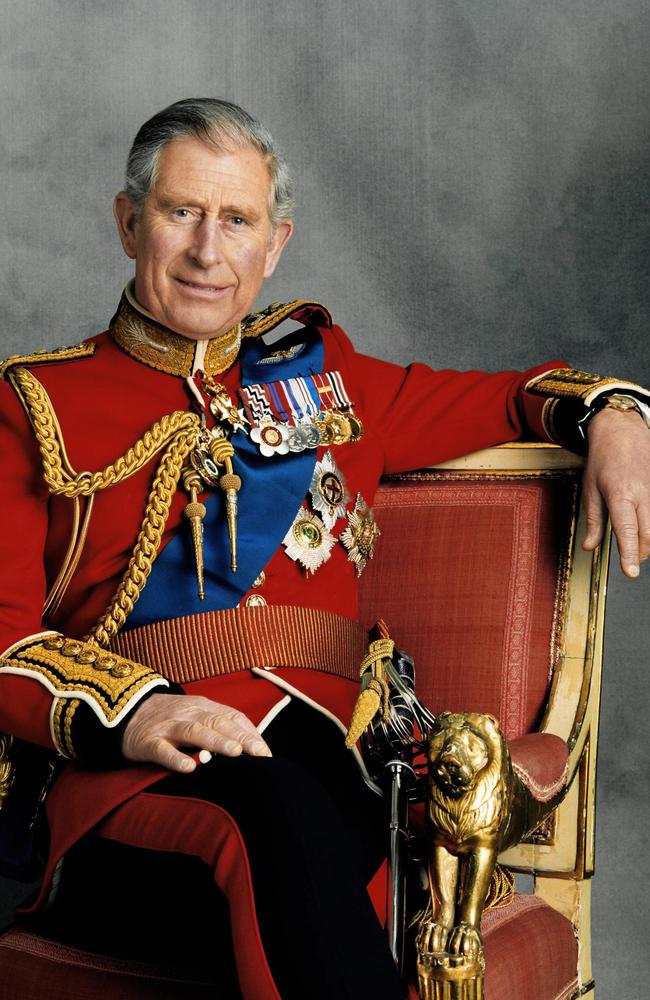
He often felt trapped in his royal role, observing at times that he needed to accept his fate that “unorthodox individuals’’ were doomed to years of “ridicule’’ and lamenting that “no-one knew what hell it was to be the Prince of Wales.’’
The death of his former wife Princess Diana, and his affair with, and later marriage to, the true love of his life Camilla, Duchess of Cornwall, have often overshadowed his charity work and fundraising.
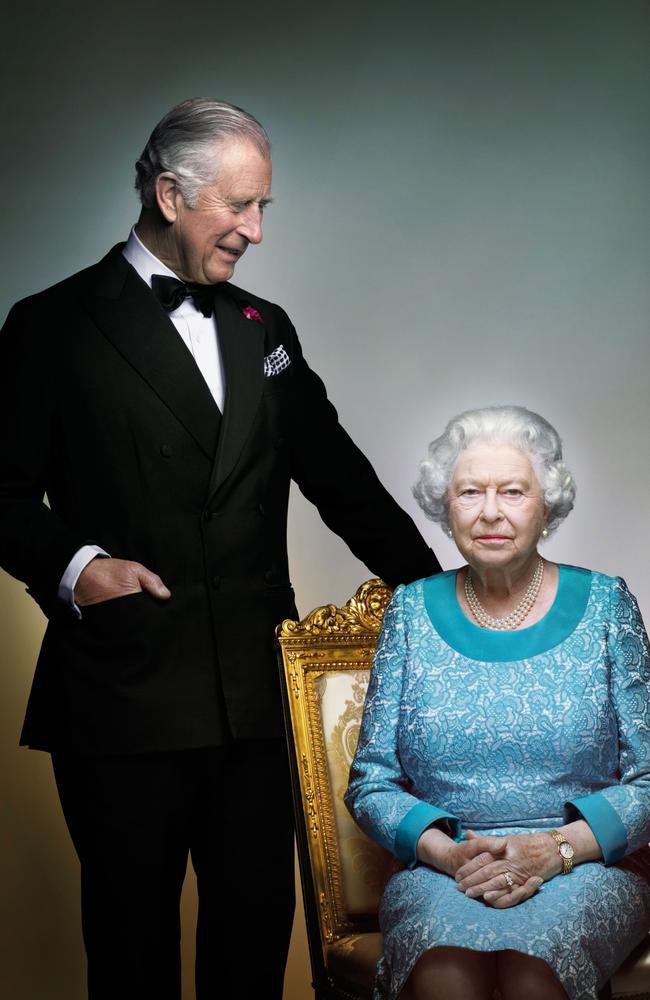
His zealous support of homoeopathic medicines, organic farming techniques and climate change mitigation have seen him labelled either an unwelcome meddler or a visionary years ahead of his time.
Government officials in the UK and across the Commonwealth will now watch nervously to see how the new monarch approaches his role, and whether he will be as hands-off as his fiercely apolitical mother.
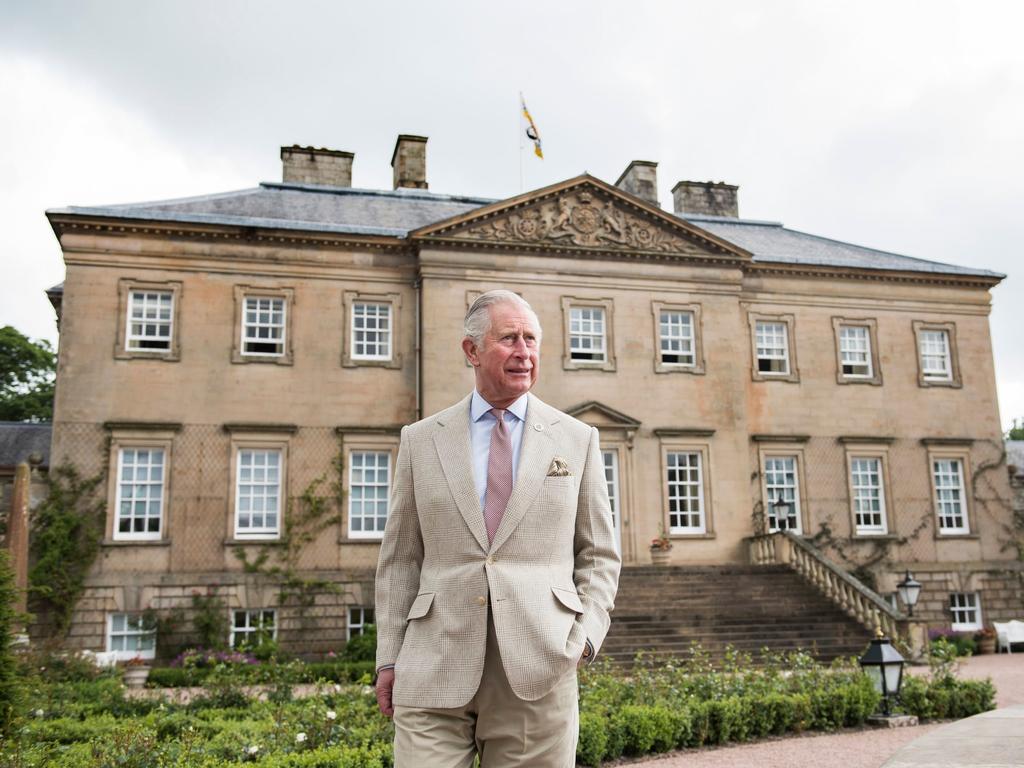
Royal historian Hugo Vickers said he expected King Charles to be different to Prince Charles.
“When he becomes king he almost has a new start, and you can see this with Edward VII and other members of the royal family when they succeed,’’ he said.
“Edward VII as Prince of Wales was considered to be a fairly flaky character, but the moment he became king he sort of transformed into this amazingly wonderful, substantial diplomatic figure.
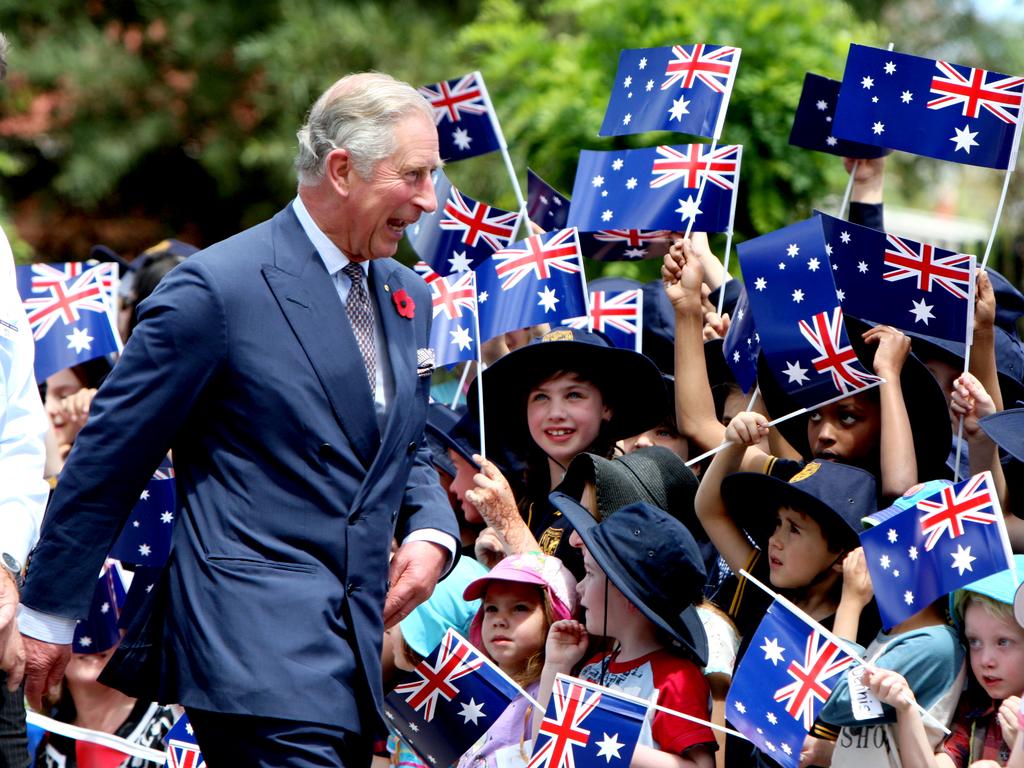
“Edward VIII was three different men – he was a rather charming Prince of Wales, an anxious Edward VIII, (and) he was a whining and whinging Duke of Windsor after abdication.
“George VI of course took a little bit more time to get into his stride and I suppose it’s slightly different with Princess Elizabeth because we saw this young girl assuming this great burden, she didn’t quite change in the same way.’’
The new king also takes on the probably impossible task of replacing his beloved mother in the public’s affections after her extraordinary (70) years on the throne, a period so lengthy that three generations across the Commonwealth have only ever known the Queen as their sovereign.
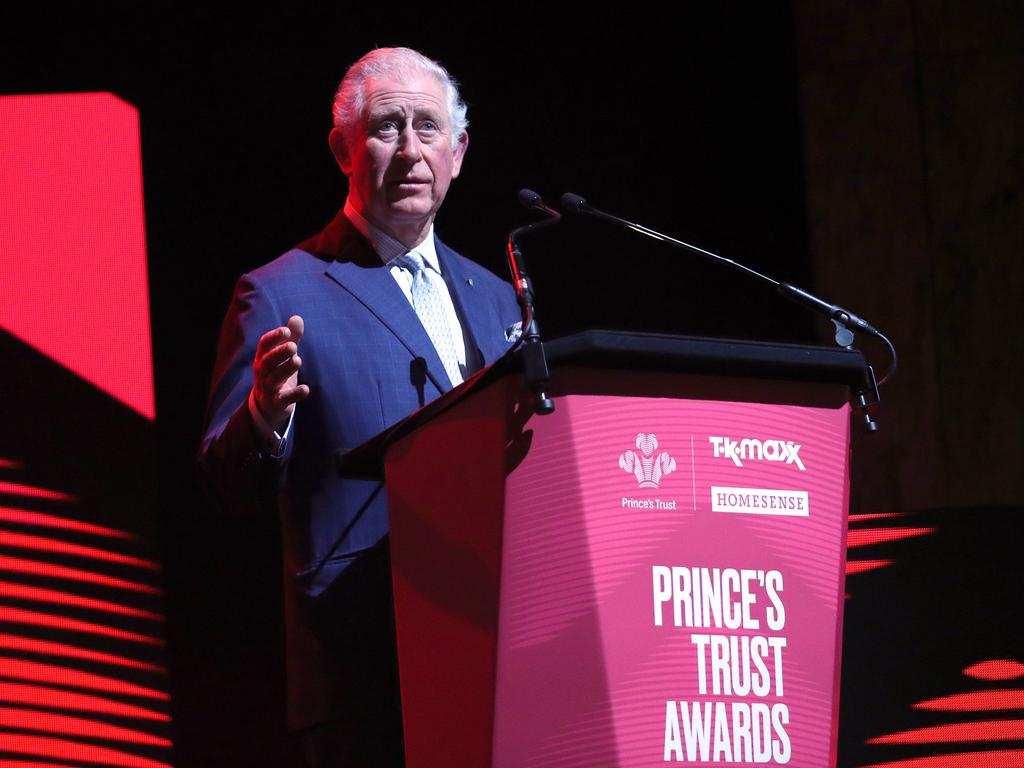
Republicans in places like Australia who have bided their time under the Queen will have no such qualms under Charles, and it’s likely there will be a rush of republic debates, and even votes, across the Commonwealth under Charles’ reign.
“It’s certainly possible that people who have republican leanings will realise that they have no hope with the Queen because she’s so popular, so they’ll shut up for the time being, and they may well have a go at him,’’ Mr Vickers said.
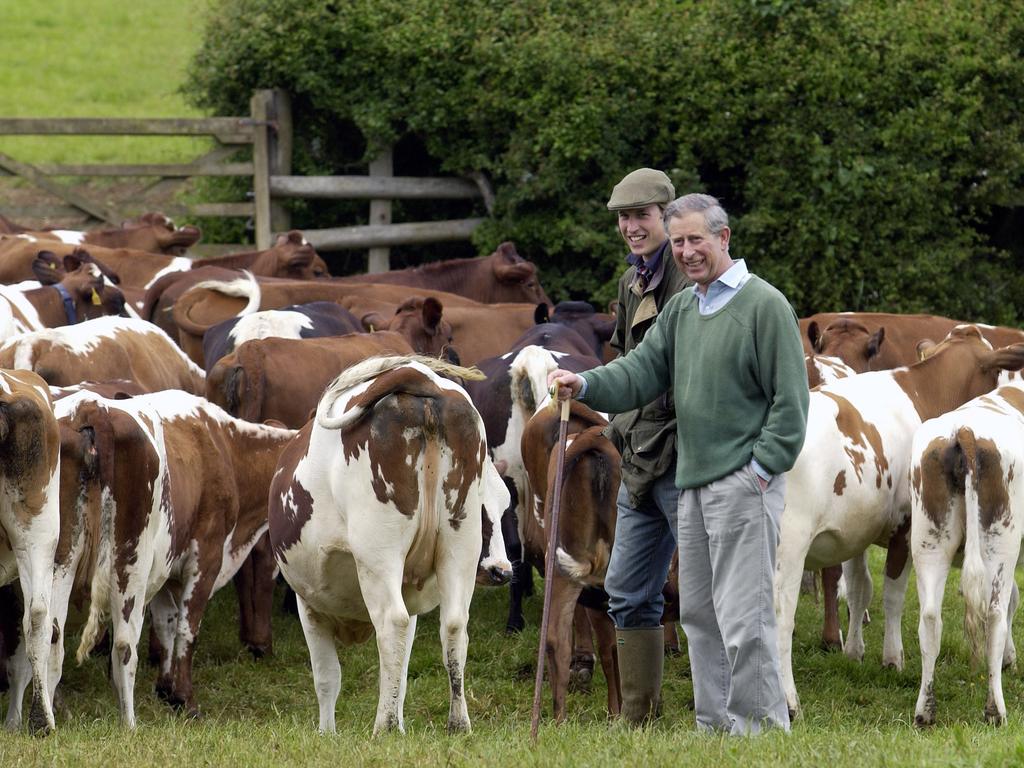
He said those republicans would need to weigh up what happened after Charles, whose son Prince William is now the heir presumptive.
“Prince William, when he’s been to Australia and New Zealand, places like that, Canada, especially when he takes the kids with him, has been incredibly popular,’’ he said.
Charles and Elizabeth were different in many ways.
Where his mother was frugal, he is extravagant.
Where she was determined to avoid controversy, he sought it.
Where she always declined to tell governments what to do, Charles has spent decades handwriting letters to ministers, his “black spider memos’’ telling them how they should handle issues such as urban planning and environmental policy.
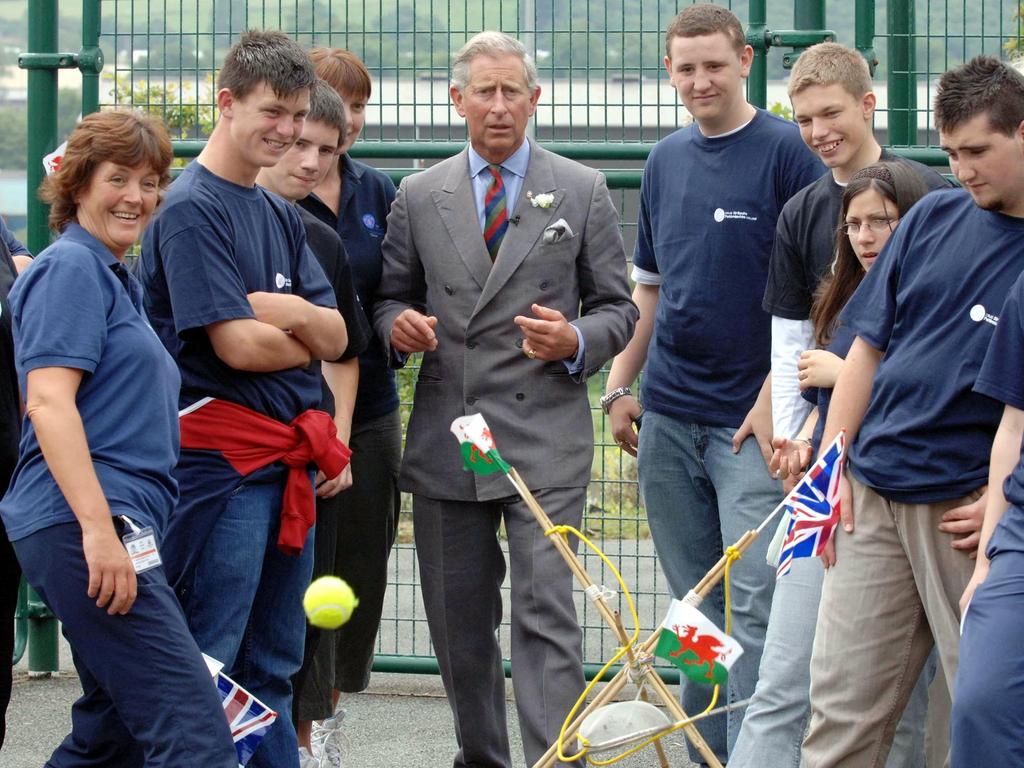
“I don’t have any concern about him meddling in politics and things,’’ Mr Vickers said.
“He knows perfectly well that once he’s king he has all sorts of constitutional restraints.’’
Born at Buckingham Palace on November 14, 1948, to then-Princess Elizabeth and her husband Prince Philip, Charles was an awkward, bookish child, intimidated by his gruff, athletic father, and overshadowed by his confident younger sister Princess Anne, who was born two years later.
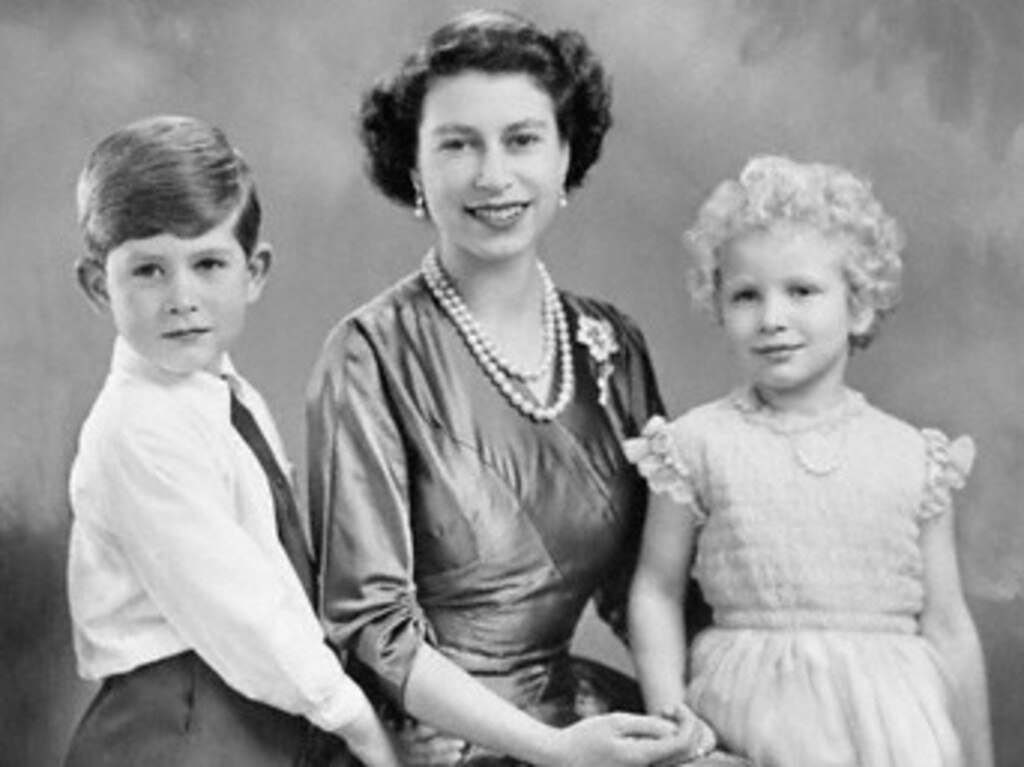
He attended the same schools his father had done – Cheam, in England, and then spent his high school years as a boarder at Gordonstoun, the austere school in Scotland, after his father decided he would benefit from its cold showers, tight discipline and intensive outdoors program. He later wrote how miserable he found the whole experience.
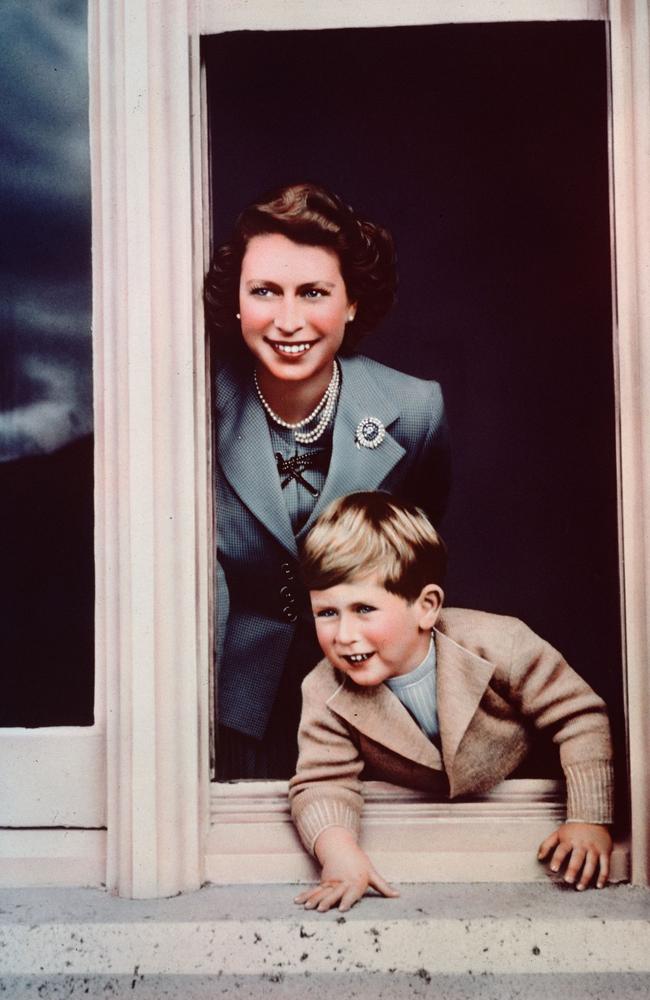
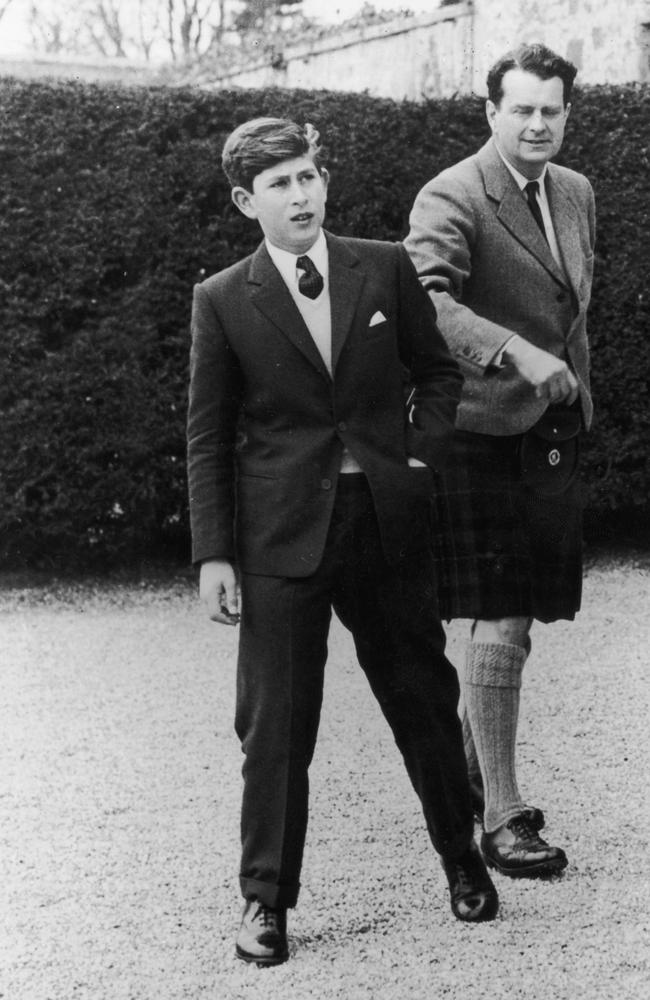
He spent two terms at Geelong Grammar’s Timbertop campus in Victoria, Australia, then went on to study archaeology and anthropology at Cambridge, where he became the first heir to the throne to receive a university degree when he graduated with a Bachelor of Arts in 1970.
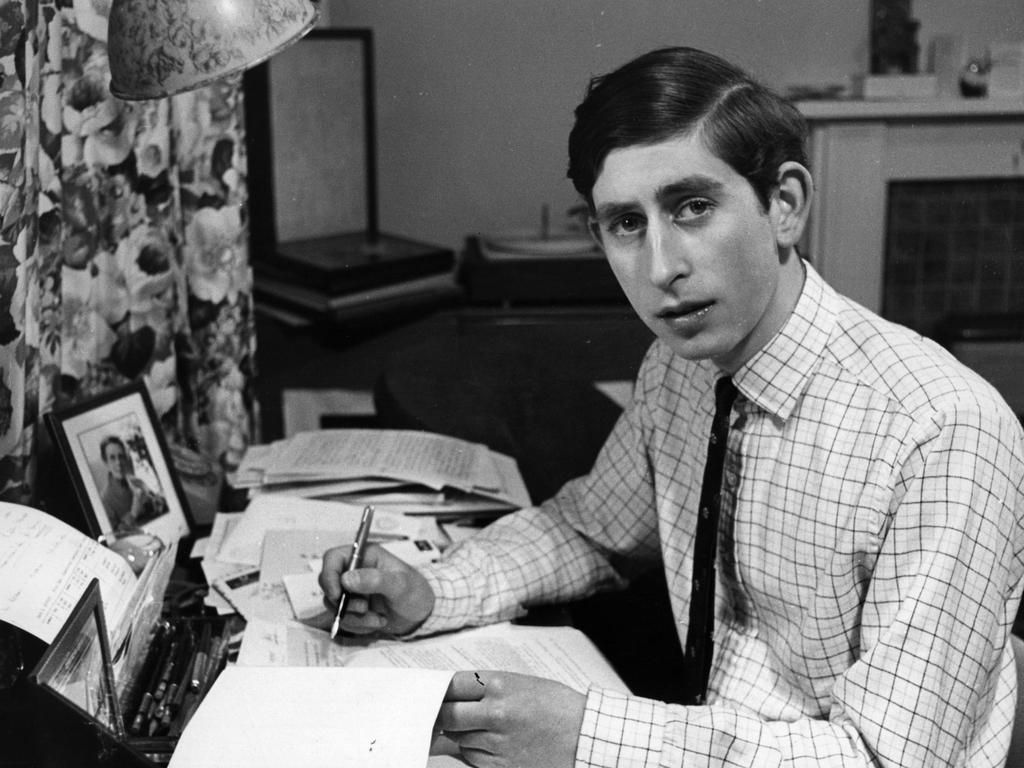
He served in the Royal Air Force and Royal Navy from 1971 to 1976.
By his late 20s, he was known as an accomplished polo player and was often seen out on the town or on glamorous holidays with various young society ladies. But behind the scenes, the unlikely playboy prince was struggling to carve out a suitable role.
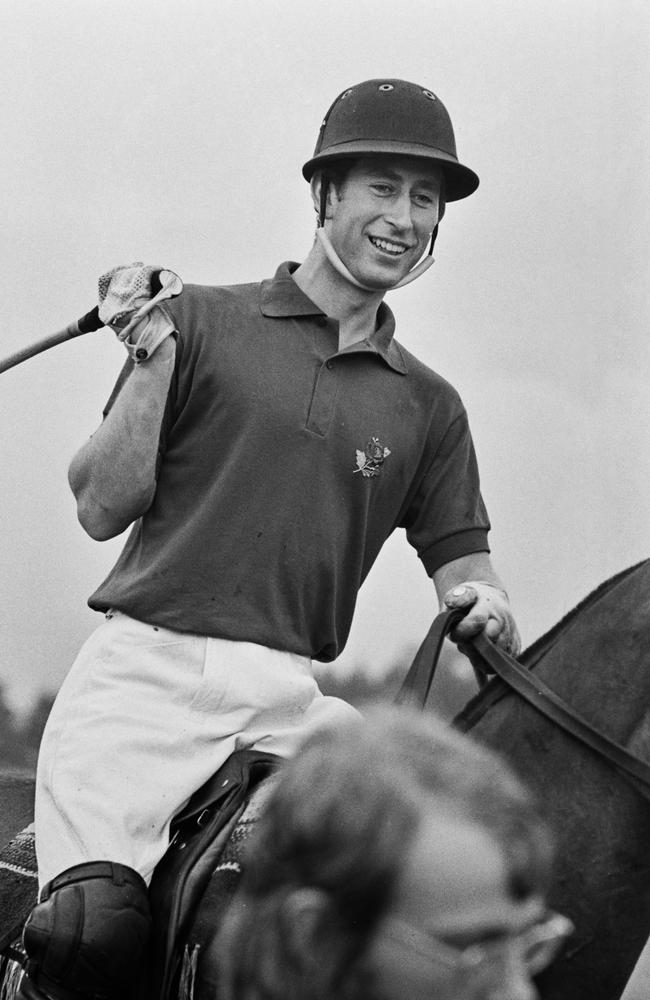
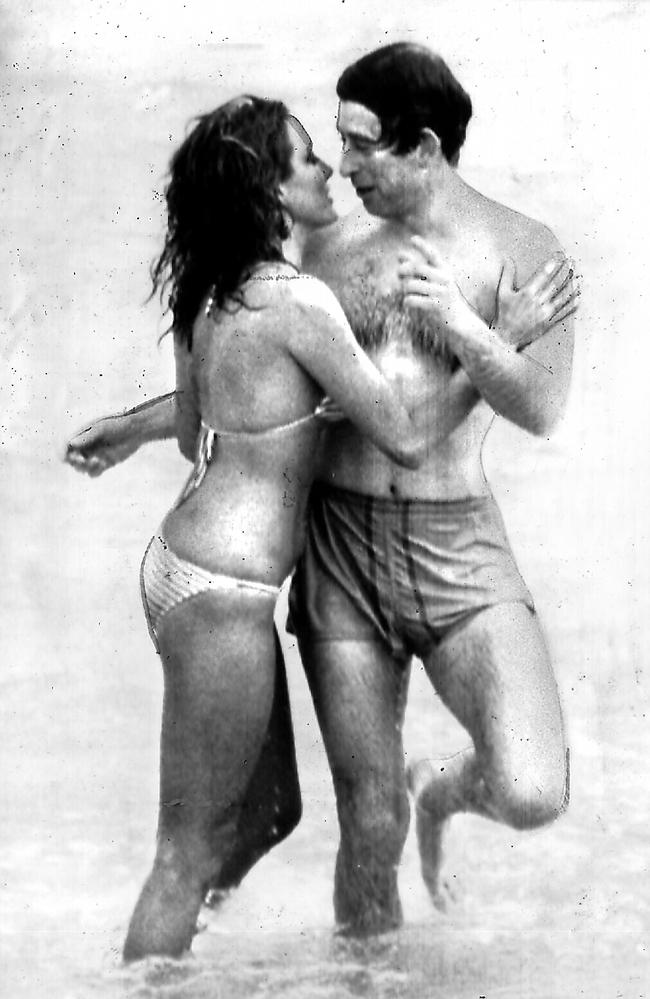
In a private letter written in March 1987, he admitted: ‘Unless I rush about doing things and trying to help furiously, I will not (and the monarchy will not) be seen to be relevant and I will be considered a mere playboy!’
His frustrations were aired earlier, in 1982, when he argued against what he saw as an over-reliance on traditional medicines, and urged support for homoeopathic and alternative medicines.
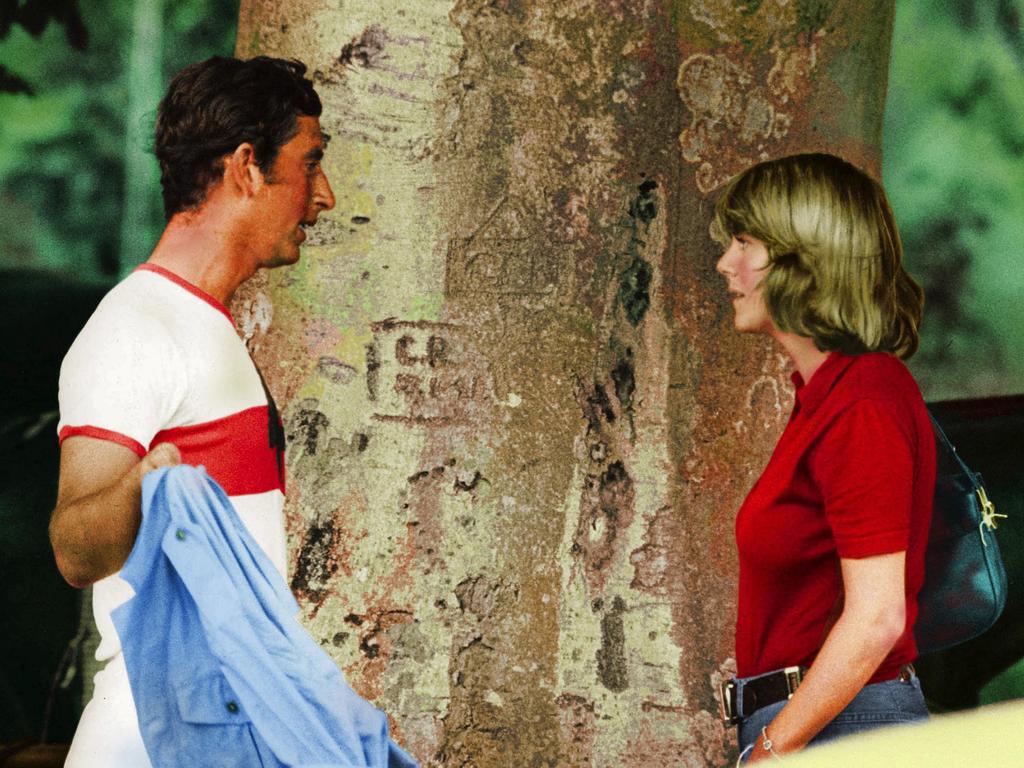
Knowing his enthusiasm for such unproven treatments was controversial, he lamented in his speech he must “accept it is God’s will that the unorthodox individual is doomed to years of frustration, ridicule and failure in order to act out his role in the scheme of things, until his day arrives and mankind is ready to receive his message.’’
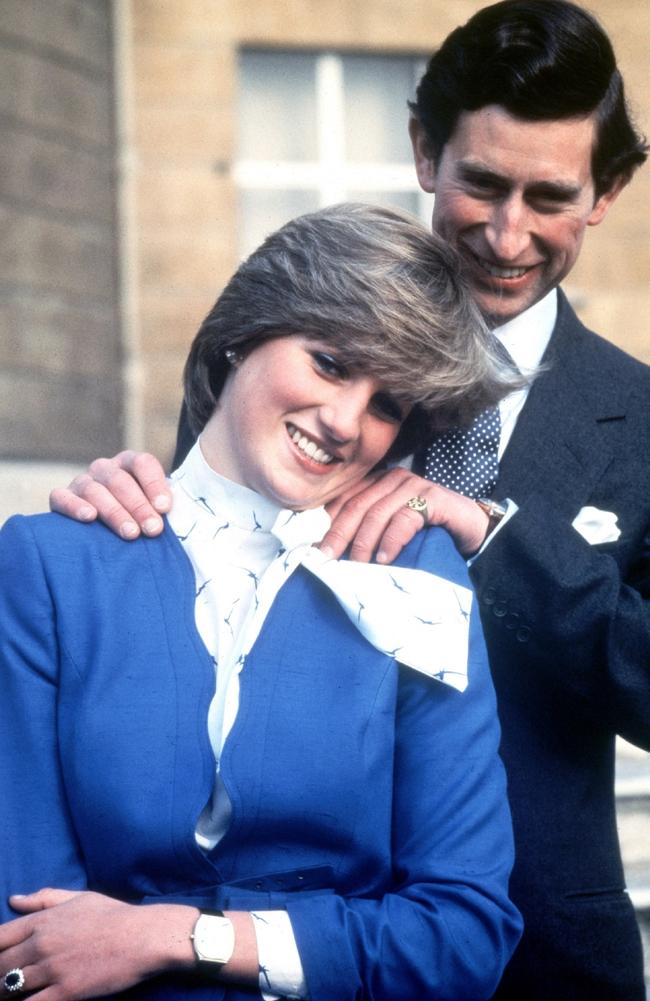
Having somewhat foolishly declared he thought 30 was the right age to get married, Charles felt pressured as his self-imposed deadline approached and no suitable marriage candidate had been found.
He had dated Camilla Shand in the 1970s, but the relationship petered out and she married Charles’ associate Andrew Parker Bowles.
In 1981, he married Lady Diana Spencer. They had met just 13 times before their huge wedding at St Paul’s Cathedral, and the marriage almost immediately began to fray, the pair unable to overcome their 12-year age gap, their huge differences in world outlook, Diana’s concerns about how she fitted into the royal family, and Charles’s continued affections for Camilla.
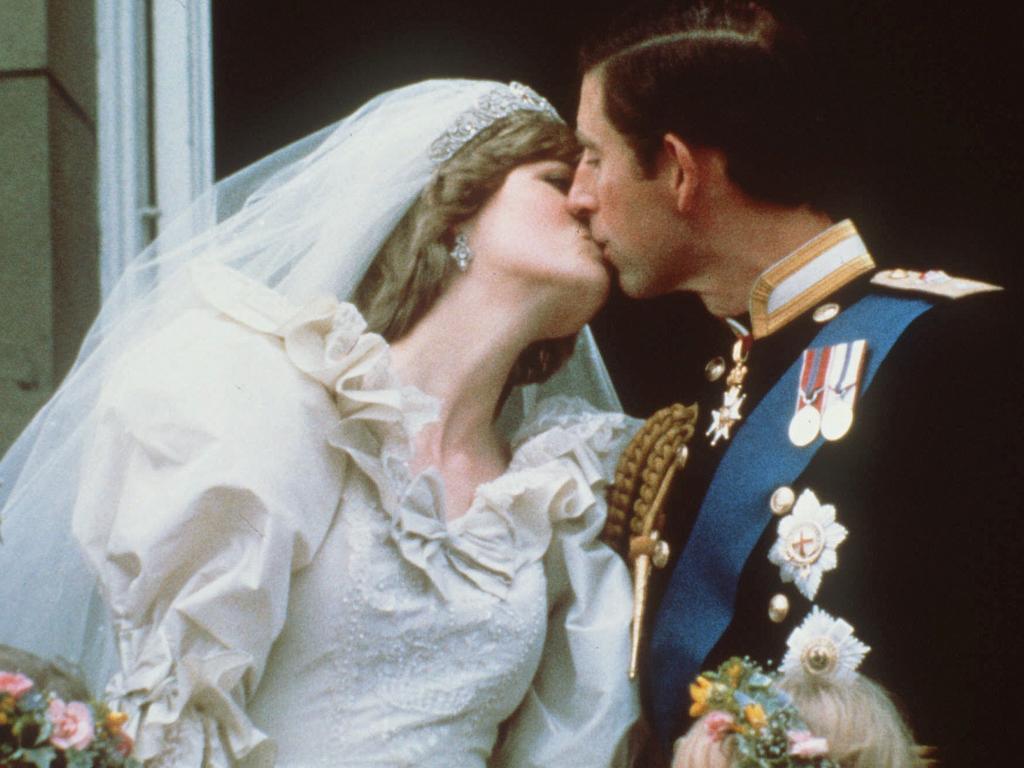
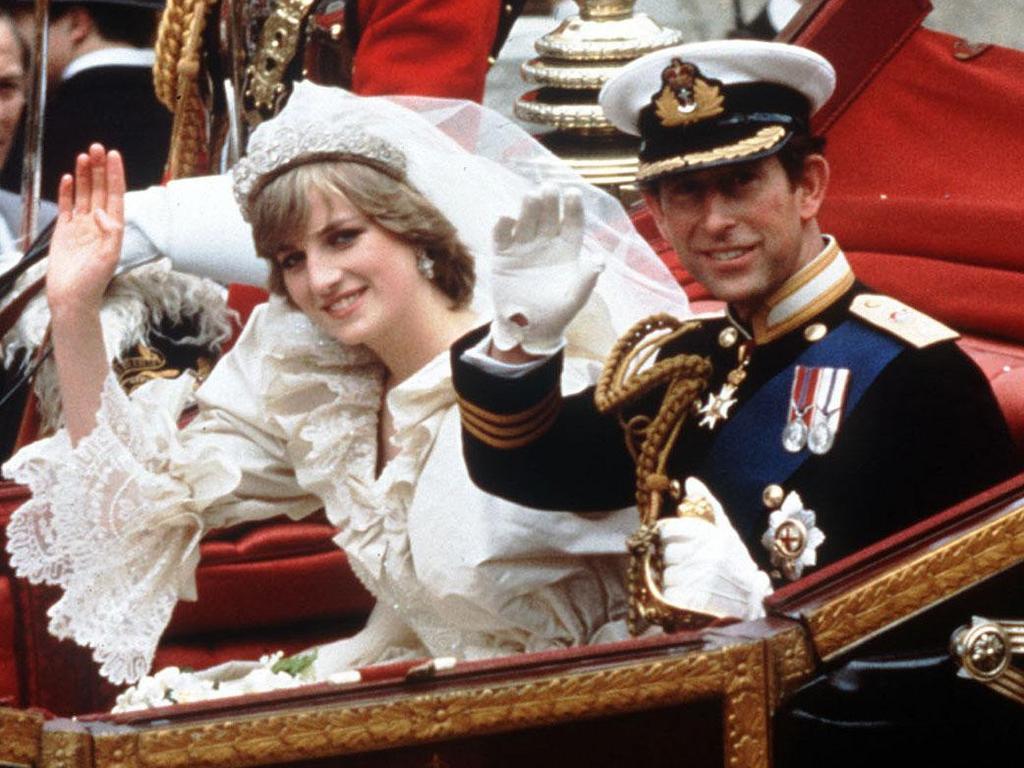
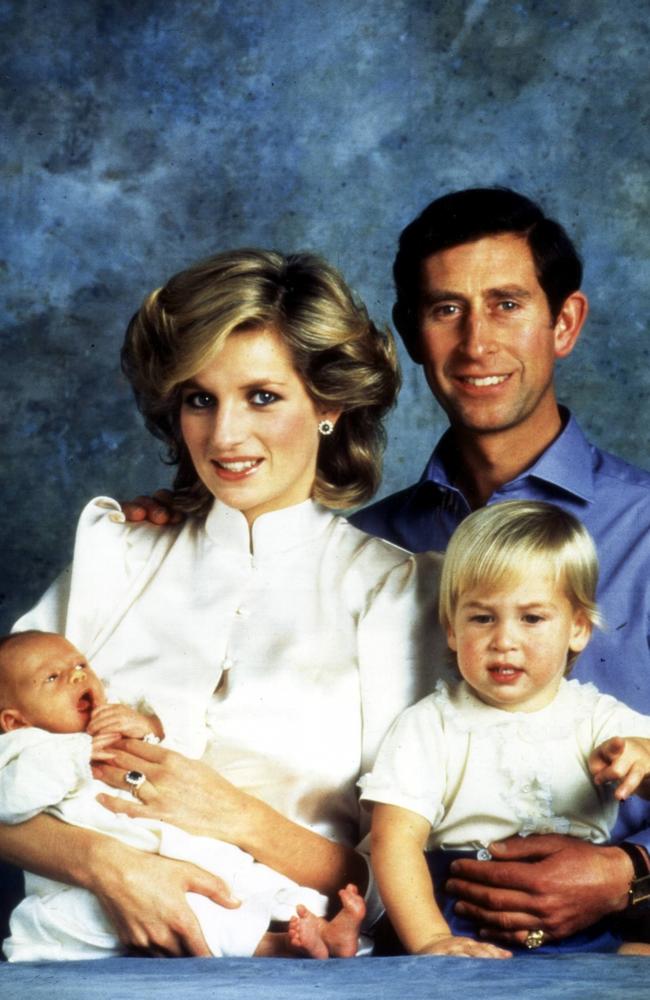
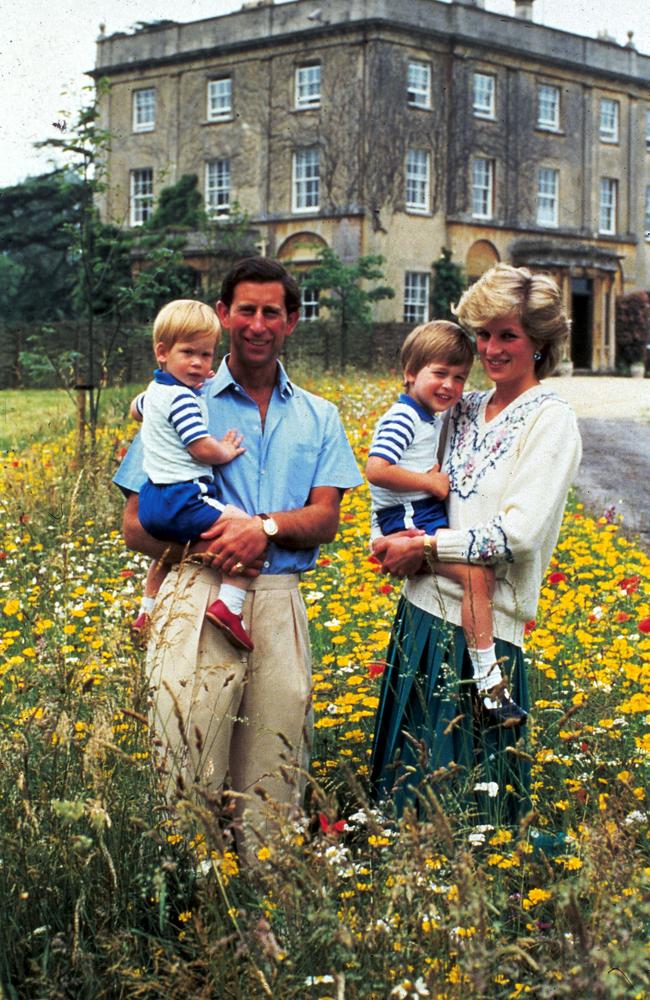
Their sons Prince William and Prince Harry were born in 1982 and 1984 but Charles and Diana both became embroiled in love affairs and after a series of scandals they divorced in 1996.
The glamorous Diana reinvented herself as a popular princess who travelled the world doing charitable work, and there was global mourning when she died in a car accident in Paris in 1997.
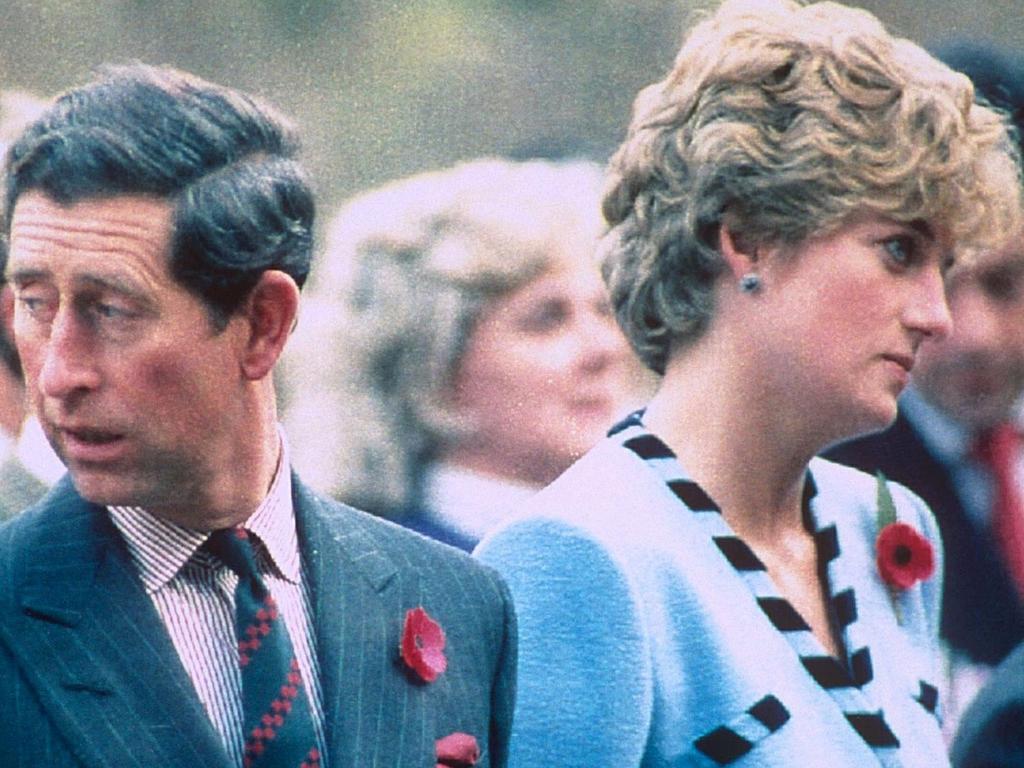
They were dark times for Charles, who was billed as the villain, and who bore the backlash from the public furious over what was perceived as an uncaring royal response to Diana’s death.
“No-one knows what hell it is to the Prince of Wales,’’ he wrote in a self-pitying letter in 2004.
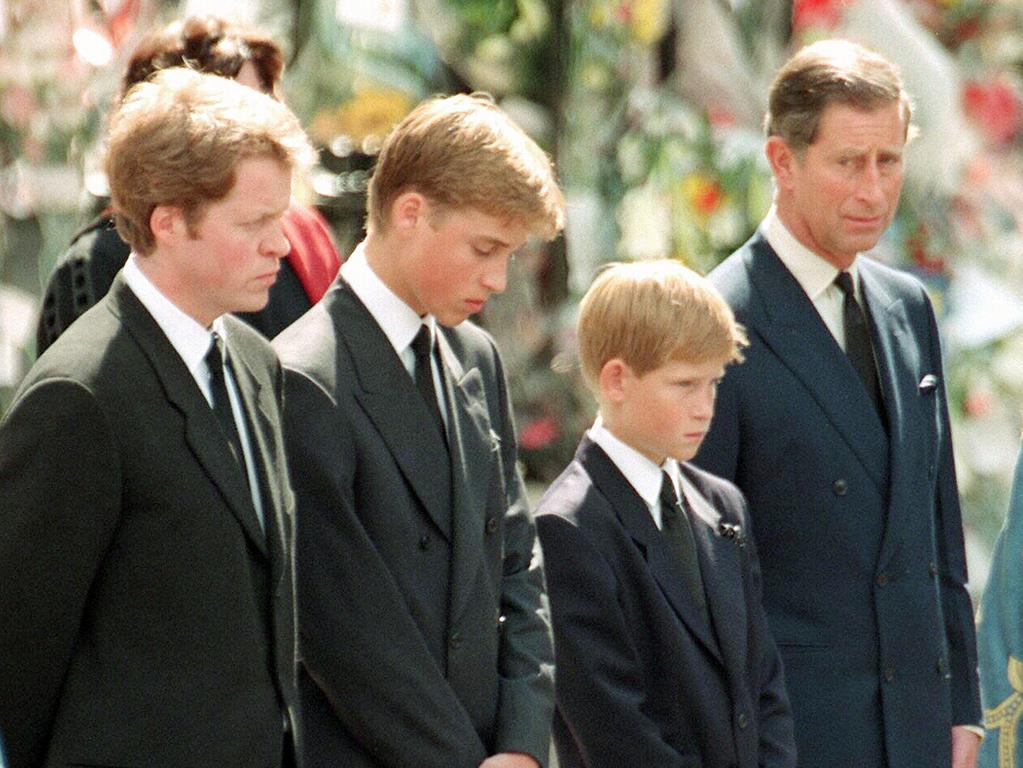
But by 2005, after years of careful work to repair both their reputations, Charles was able to marry Camilla in a low-key ceremony at Windsor.
Middle-aged and finally married to the woman he had loved most of his adult life, Charles found happiness and a better sense of purpose.
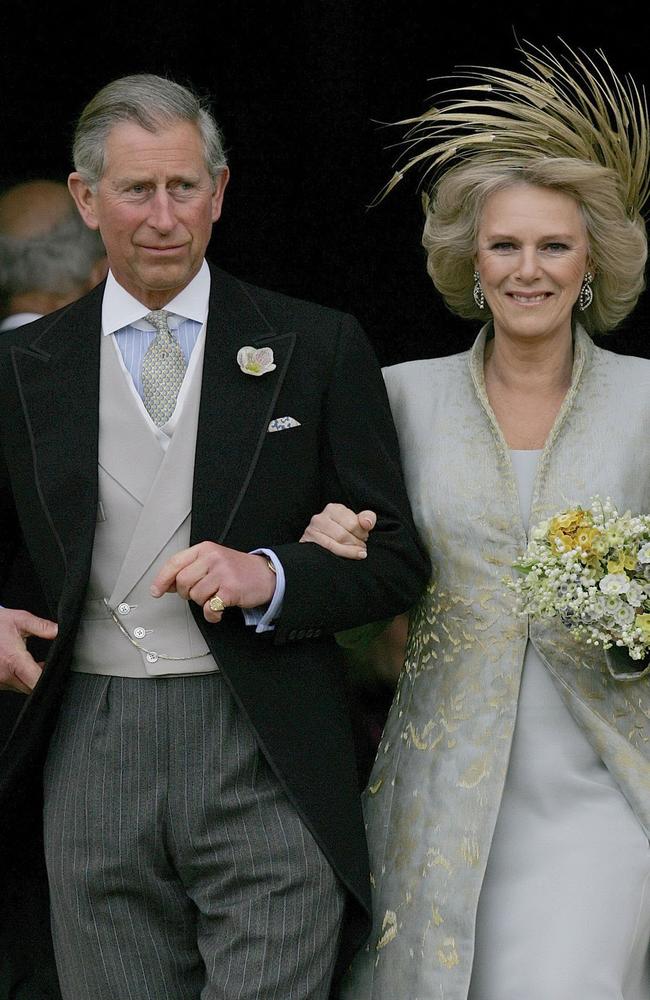
He became a passionate gardener who turned his rural estate, Highgrove, into an eclectic showpiece, ramped up his charity work, continued his hobbies of painting and reading (although gave up polo) and in recent years took up more official travel on royal duties after his mother gave up long-haul flying in 2011 at the age of 85.
He showed sound business initiative and developed his private investment company, the Duchy of Cornwall, into a business which currently holds $1.7 billion in assets and is the fourth-biggest landowner in England. Much of its wealth comes from its booming business in organic foods. Charles himself is the largest individual private landholder in the UK.
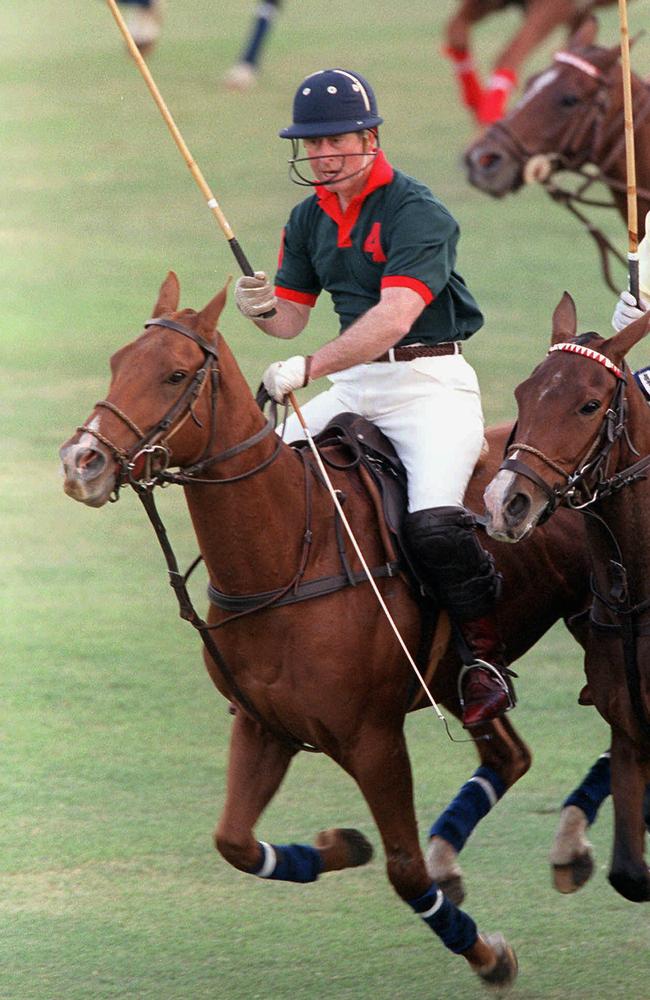
His Prince’s Trust charity, founded in 1976 with his last Navy pay-cheque, has been a huge success and more than a million young people have benefited from some of his employment, self-help and training programs.
“He has done many, many good things,’’ Mr Vickers said.
“His Trust’s a great success, if he did nothing else in his life he could be remembered for that.
“And apparently he joked that the Duchy Originals had turned him into a self-made millionaire.
“All those things happened but the problem that he has had of course is that he’s had these two very difficult marriages, which have been controversial for one reason or another.
“That’s to some extent eclipsed the good things that he’s done. It’s not helped make him into a very popular figure because people have taken a line about these matters and it’s difficult for him.’’
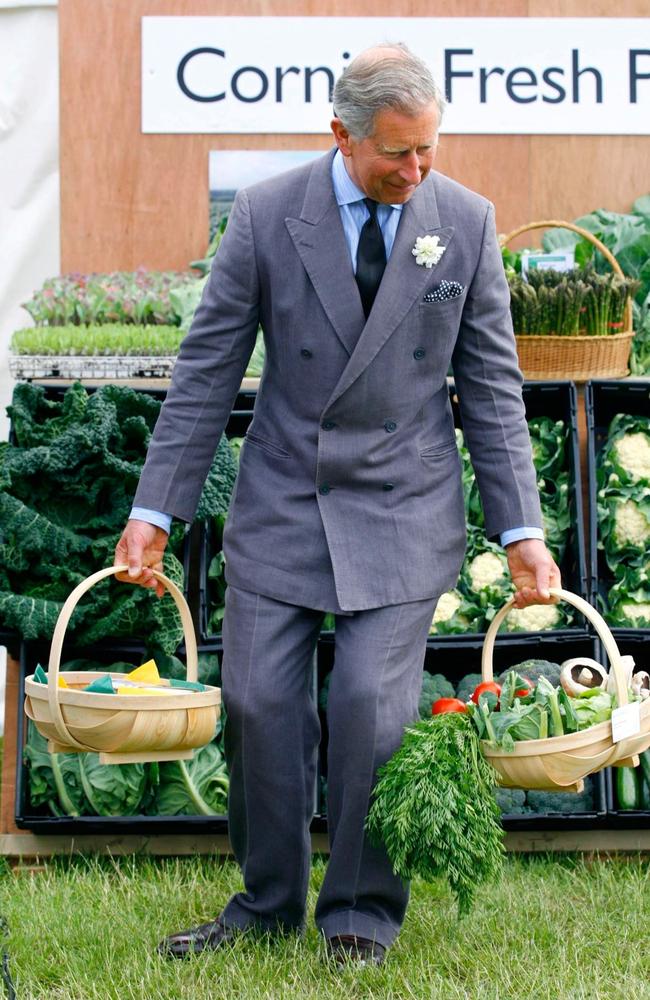
An unflattering biography published in 2017 by journalist Tom Morton, Rebel Prince, reinforced the notion he was an eccentric man, out of touch with ordinary life in a way his mother, who went around Windsor Castle turning off the lights to save electricity costs, never was.
The book included claims Charles had once screamed in horror and asked Camilla what was sitting atop their sandwiches. She had told him it was cling film, something he had never previously encountered.
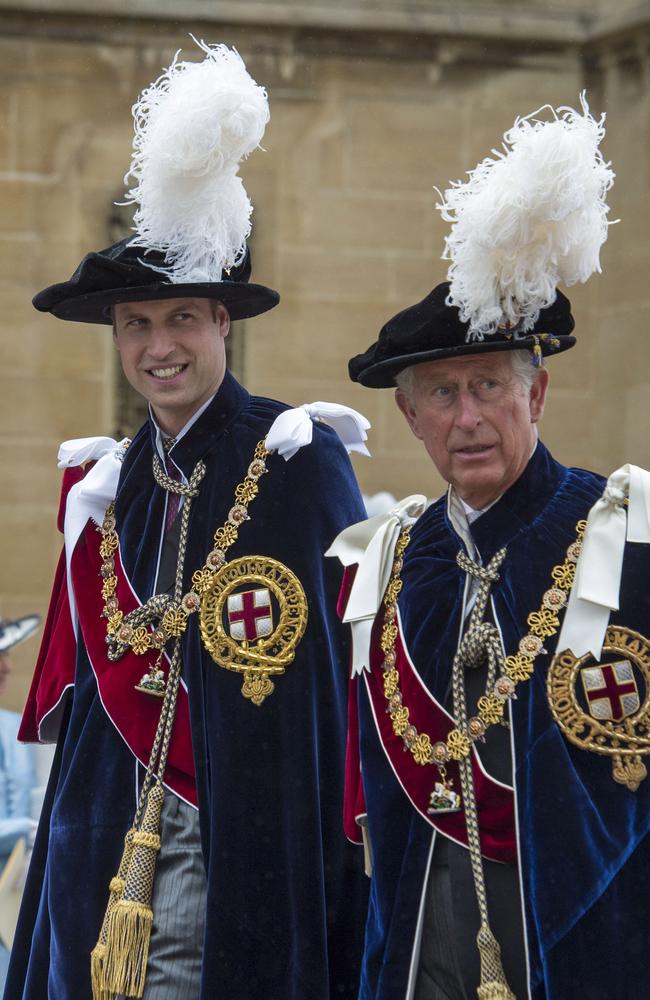
Morton also claimed that a policeman accompanying Charles would carry a pre-mixed martini for him to drink when he arrived at a dinner or function, and sometimes, the host would be handed a bag that would contain the food he would eat that night.
There are multiple reports across the British press of him arriving for weekend visits at posh country estates in a helicopter because he had so much luggage, and would sometimes send a truck the day before to take his own bed and toilet seat.
At events such as war commemorations, staff would take pillows for Charles and Camilla in case the chairs were uncomfortable, despite the hundreds of elderly veterans and their descendants sitting uncomplainingly on hard chairs behind them. And cameras once caught him heading to a three-day monastic retreat in Greece with a boatload of luggage and a butler.
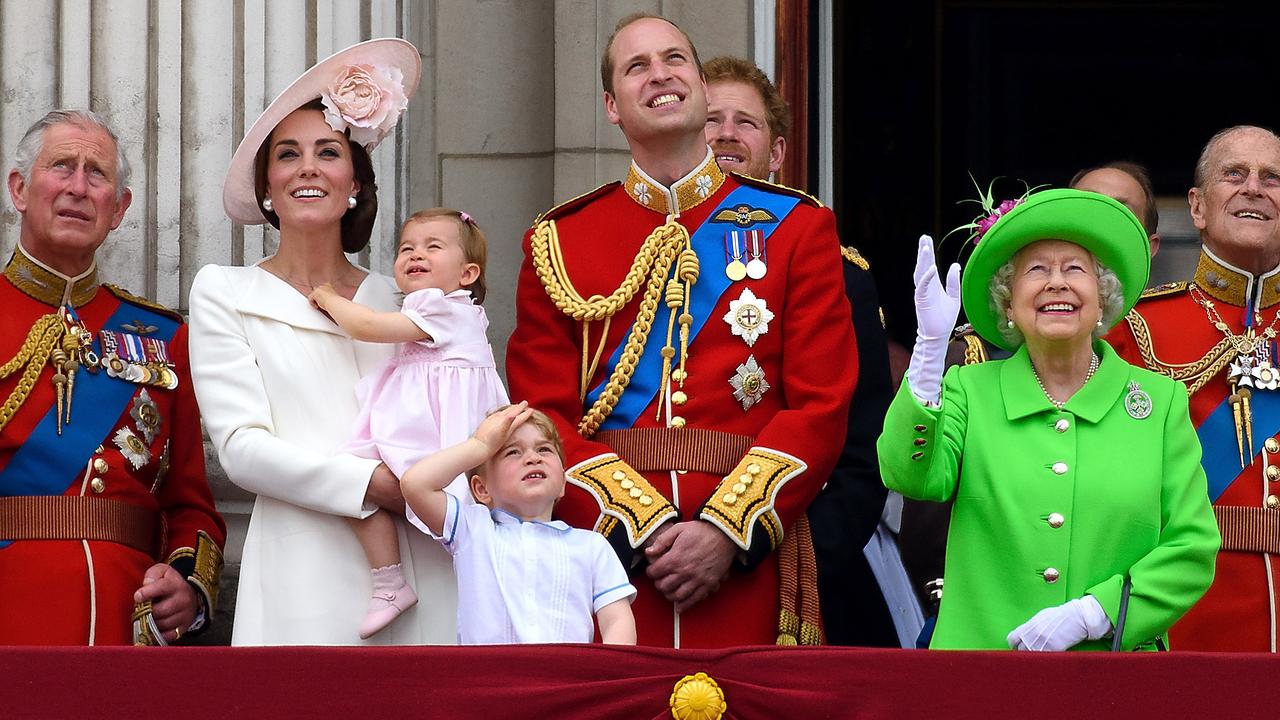
Royal biographer Penny Junor, who has known Charles for more than 30 years, wrote to the Mirror in his defence after Morton’s book was published.
“Prince Charles has his foibles, but he is not a crook, not a bully and not a hypocrite,’’ she wrote.
“Yes, he is spoilt, he is petulant, he is pampered, and there is no denying he takes everything but the kitchen sink with him when he goes to stay away from home for any length of time.
“He also has a terrible temper and has a great tendency to feel sorry for himself. I have been writing all this for years, and so have others. There are no extraordinary revelations here.’’
Ms Junor wrote that Charles had strong views and was determined to make a difference to the world.
“And so he has,’’ she said.
“When he came out of the Navy, against all advice, he used his naval allowance to start a charity to help disadvantaged young people get a start in life.
“(By 2017) The Prince’s Trust has helped no less than 870,000 people – and a recent independent audit found that in the past 10 years the overall benefit to society from that has been worth £1.4 billion ($2.4 billion).
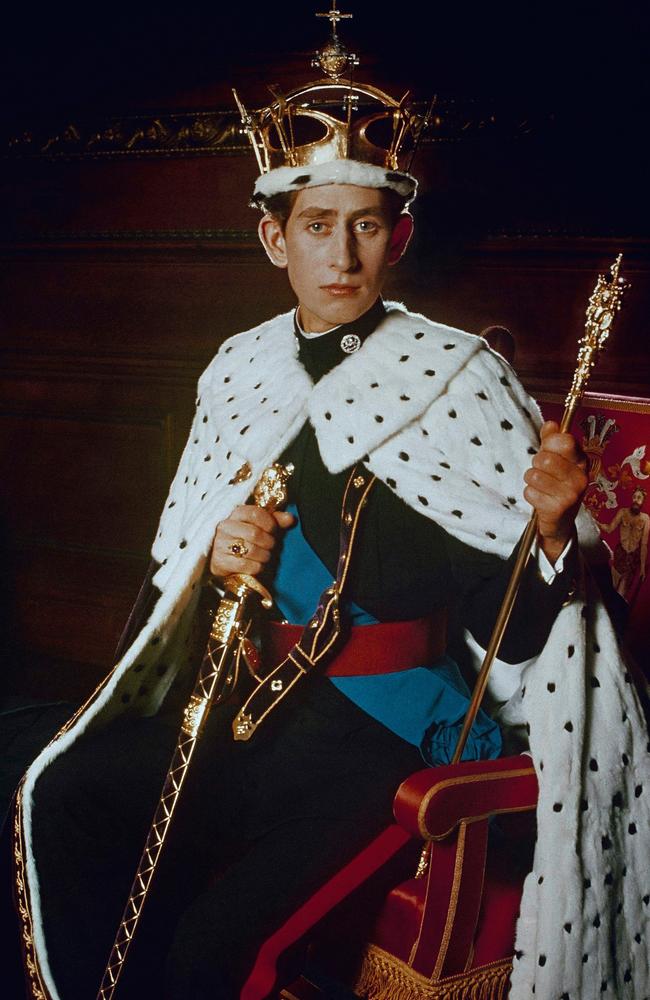
In recent years, Charles had been working behind the scenes to create a slimmed-down monarchy. This would reduce costs, and would in practise restrict those who appeared at ceremonial occasions such as on the Buckingham Palace balcony for the Trooping of the Colour to just those who are direct heirs to the throne, and their families.
While his efforts alone had not been successful, other events have resulted in a reduction to the “working royal’’ cohort. His brother Prince Andrew retired from public life in disgrace over his friendship with the billionaire paedophile Jeffrey Epstein. His son Prince Harry and wife Meghan, the Duke and Duchess of Sussex, also quit the royal family and moved to California after falling out with the palace hierarchy, and accusing Charles of cutting them off financially.
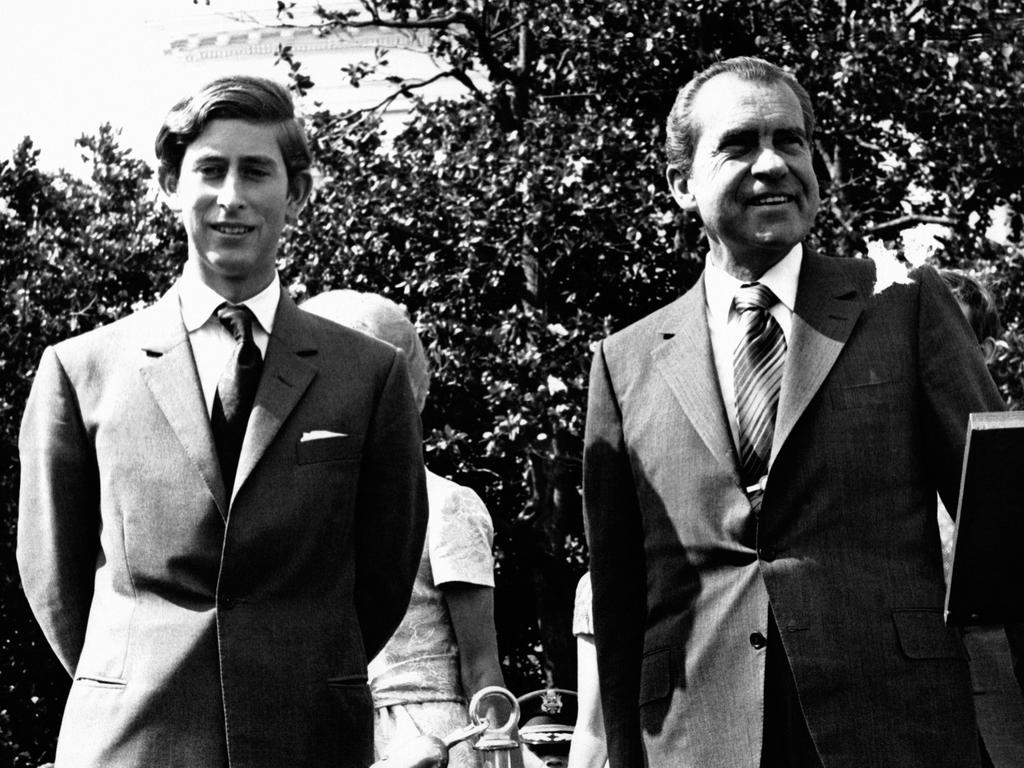
Mr Vickers said Charles was well known to the public, and brought enormous experience to the role of sovereign.
“He met Churchill as a little boy, he met President Nixon, for better or for worse, and he will have met all those prime ministers throughout the ages.
“I would have thought he has always seen his role as being a very proactive Prince of Wales.
“Indeed as Prince of Wales he has absolutely every right to stir things up and talk about lots of different issues, some of them very controversial.
“As king he may be a slightly more retired figure if you like, he may take a step back.
“It might be rather an interesting phase, because he’s a very cultured man and he might do all sorts of interesting things.
“I think he will need lots of support and lots of open minds as to what sort of king he will be.
“He obviously isn’t going to be there as long as his mother and there is another generation coming forward.’’
More Coverage
Originally published as How King Charles will finally make his mark after the Queen’s death









